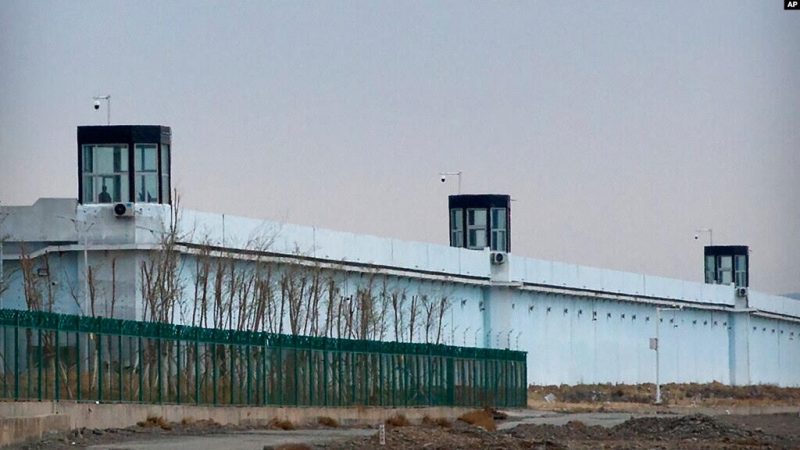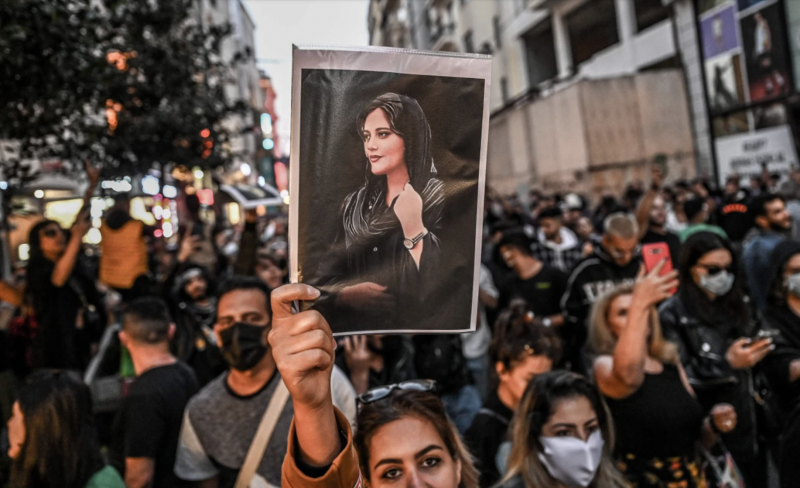By: Wendy Neeley
Impunity Watch News Staff Writer
NEW YORK, United States – On September 14, 2022, the Supreme Court of the United States in a 5-4 decision denied the stay of a permanent injunction on behalf of Yeshiva University. This decision came just five days after Justice Sotomayor granted an order that the injunction be stayed. Justice Sotomayor was one of the justices in the majority that reversed the decision without prejudice.

Yeshiva University filed an emergency application to the Court to seek relief from the injunction from the New York trial court. The injunction is “requiring the University to treat an LGBTQ student group similarly to other student groups in its student club recognition process.” Yeshiva, in its emergency application to the supreme court, contended that complying with the order “would violate its sincere religious beliefs about how to form its undergraduate students in Torah values.” The University is arguing that the injunction is a violation of its First Amendment and Free exercise rights. The YU Pride Alliance first brought a claim of “sexual orientation and gender discrimination” to the New York trial court in April 2022. In the reply to the emergency application, YU Pride claimed that the University has, over the course of years, “refused to allow the Pride Alliance (and its predecessors) to operate as an official club solely because of the sexual orientation of the club’s members and its LGBTQ inclusive mission.”
The trial court relied on New York City Human Rights Law to decide on the injunction and found that “Yeshiva is not a religious entity and has no right to control how its religious beliefs and values are applied on its campuses.” Due to the denied emergency stay the University is required to comply with the injunction although they have other legal avenues available to them to have the decision reversed. For now, according to the Yeshiva University news website,
Yeshiva University and the YU Pride Alliance “have independently agreed that a stay should be entered to allow Yeshiva University to appeal a ruling against it without the threat of sanctions.”
For further information, please see:
Supreme Court of the United States – Yeshiva v. YU Pride, No. 22A184 (2022)
YUNews – Both Sides in Yeshiva University Lawsuit Agree to a Stay – 22 Sept. 2022



